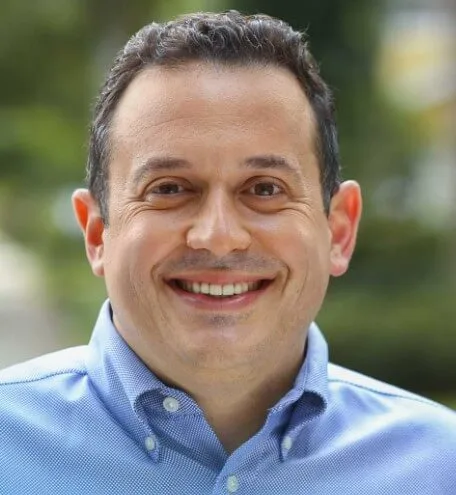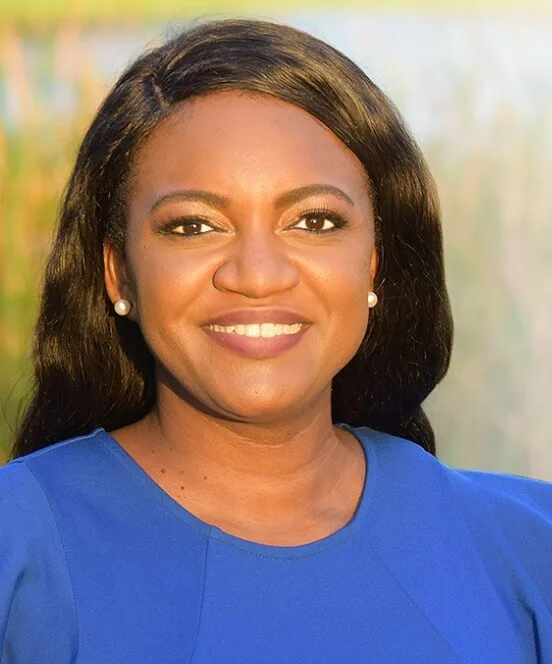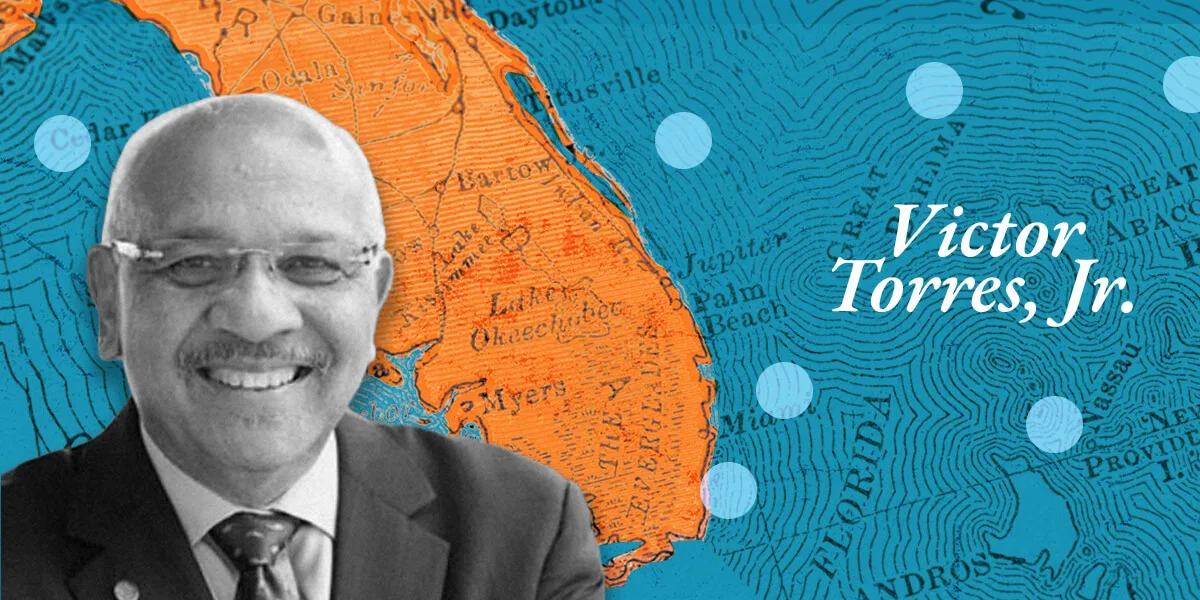
Image via Shutterstock
After a third primary day of losses, it is currently unclear if Bernie Sanders will stay in the race. This may have grave consequences for the US, especially territories such as Puerto Rico.
Despite the coronavirus outbreak, for many Americans, the current US election still boils down to party, identity or “electability” issues. For Puerto Ricans, with or without the current pandemic, this election’s outcome is about much more than that; it is life or death. Which does not mean it is simple.
For Puerto Ricans living on the island, even the decision to weigh in or vote in a presidential primary is not an easy one. Puerto Ricans do not have the right to vote in the US presidential elections, so participating in primary contests in some ways validates colonialism and their very marginalization as US citizens. Participation may also constrain people’s political energy and imagination by pushing Puerto Ricans to identify with a “US citizenship” that is racially exclusionary and not accompanied by most rights.
As a candidate, some may find Sanders “risky” in the general election or fault him for not supporting a particular demand, or not being radical enough.
An example is Sanders’s lack of enthusiasm for the abolition of the Jones Act, a 1920 piece of legislation that forces Puerto Rico to use the US Merchant Marine for all sea transport. This significantly increases the price of food and other basic necessities. On the ground, the fact that Sanders selected the San Juan mayor Carmen Yulín Cruz as a campaign co-chair may alienate a number of voters, including those who back a different status option for Puerto Rico than Yulín Cruz or oppose her aspirations to become the island’s next governor.
Yet, for the vast majority of Puerto Ricans, what is significantly riskier is the election of Trump or Biden. Another four years of Trump will likely mean a stronger and deadlier wave of neo-liberalization, outmigration, and impoverishment. Although for many in the United States, Trump’s lowest point in Puerto Rico was his infamous throw of paper towels to hurricane survivors in 2017, this was a minor aggravation compared to the terrible toll of Trump’s presidency on Puerto Rico.
During the last three years, the island’s poverty rate surged to more than 50 percent, hundreds of thousands of Puerto Ricans left, and over 4,000 people lost their lives due to government neglect, lack of infrastructure, and despair.
On the surface, the election of Joe Biden—who describes himself as an “Obama-Biden Democrat”—may not appear as cruel. But it threatens to return Puerto Rico to the “normalcy” of the Obama years, which translates into the same neoliberal and colonial policies that have brought deep misery to Puerto Ricans.
Moreover, in addition to Biden’s views and votes undermining public education and access to healthcare, among other fundamentals, he does not appear to understand the depth of suffering in Puerto Rico or the structural nature of American colonial rule in the territories.
In 2019, for instance, Biden wrote an op-ed in the Orlando Sentinel to connect with Latino voters, in which he offered Puerto Rico—a place still hurting from a devastating hurricane, a recent “swarm” of thousands of earthquakes and a crushing austerity crisis—more of what has led to this point: “mainland company” investing and yet another “federal working group.”
Consistent with this history, Biden’s web page does not even include Puerto Rico or the territories as a priority issue for his 2020 campaign. In contrast, Sanders’ record and platform supports and promotes the widely shared Puerto Rican aspirations for universal health care, canceling of student debt, tuition-free college and the Green New Deal, which would facilitate the cleanup of Vieques island and other polluted locations by the military and coal-fired plants. It also provides critical backing for a more just and equitable Puerto Rico now.
Perhaps the best way to see the difference is PROMESA. As it is widely known, on June 30, 2016—one day before the island failed to make a bond payment—Congress passed the Puerto Rico Oversight, Management, and Economic Stability Act (PROMESA). Through this federal legislation, Obama appointed a seven-member fiscal control board and granted them broad powers over Puerto Rico’s elected government to assure that creditors will be paid at whatever cost.
In addition to the act’s avowedly extractive purpose, Obama picked individuals with deep ties to the banking and investment world—including some directly involved in producing the debt crisis—inflicting a fresh disaster to Puerto Rico.
In 2016, when even Puerto Rican celebrities such as the Broadway star Lin-Manuel Miranda were openly supporting PROMESA as “the only option,” Sanders voted against the legislation. He called it out for what it is: “colonialism,” a policy that weakens Puerto Rico’s already limited self-government and economic agency and returns the island to the direct form of colonial rule prevalent in the early twentieth century when the president of the United States unilaterally appointed the governor of Puerto Rico.
Equally important, Sanders advocated not only for the rejection of PROMESA. He also proposed a much better alternative: the Puerto Rico Humanitarian Relief Act, which incorporated key demands that continue to be widely supported by Puerto Ricans, such as the auditing of the debt, a necessary and ethical action to determine if it was lawfully incurred and should be paid at all. This 2016 act also sought to create a public agency composed of full-time residents of Puerto Rico to assist in restructuring the debt and provide bankruptcy protection for the island.
After the landfall of hurricanes Irma and Maria in 2017, Sanders pressed again: he introduced the Puerto Rico and Virgin Islands Equitable Rebuild Act, now generally known as the “Marshall Plan” which aimed to provide debt relief, restore local control of the island’s affairs, establish Medicare and Medicaid parity, and invest $146 billion in federal funds to rebuild the island. It is significant that in this legislation “rebuild” does not just mean “repeat.” The plan, for instance, promotes the overhaul of the current fossil-fueled energy system and transition into renewables and green alternatives. In subsequent years, Sanders continued to push for comprehensive debt relief and pledged to restore and protect pensions from austerity cuts.
Sanders’s platform on Puerto Rico’s political status is not as elaborate as those involving funding equity. But he has not defaulted to the typical Democrat positions of either “we will make the island a state” or “we will do what Puerto Ricans want when they decide,” as if colonialism was not, ultimately, an American atrocity. In fact, Sanders is one of the few high-profile US politicians to fully grasp that Puerto Rico is a colony and not a commonwealth, and works to end such treatment. Consistently, Sanders supports a congressionally-sanctioned and binding referendum, which for the first time in history, would shift the power of this mechanism to Puerto Ricans.
The bottom line is that while Puerto Rico is subject to US sovereignty, Puerto Ricans are significantly better off with a government that upholds basic values of equity and justice rather than with one that is thoroughly indebted to US finance and other elite interests. If Bernie Sanders had been president since 2017, thousands of Puerto Ricans would still be alive. This time, Puerto Ricans need to choose as if their lives depend on it. Because they are in harm’s way—again.
Politics

Teamsters and UPS Reach Tentative Deal to Avoid Strike, 340,000 Workers to Get Raises
The tentative deal represents a huge win for full- and part-time UPS Teamster workers, who would get significant pay raises and better working...



One Republican Senator Is Blocking 265 Military Promotions, Leaving the Marines Without a Confirmed Leader
Sen. Tommy Tuberville's decision means these military officers are not getting the pay raises they’re owed, cannot move their families to wherever...
Local News



Teamsters and UPS Reach Tentative Deal to Avoid Strike, 340,000 Workers to Get Raises
The tentative deal represents a huge win for full- and part-time UPS Teamster workers, who would get significant pay raises and better working...



One Republican Senator Is Blocking 265 Military Promotions, Leaving the Marines Without a Confirmed Leader
Sen. Tommy Tuberville's decision means these military officers are not getting the pay raises they’re owed, cannot move their families to wherever...




